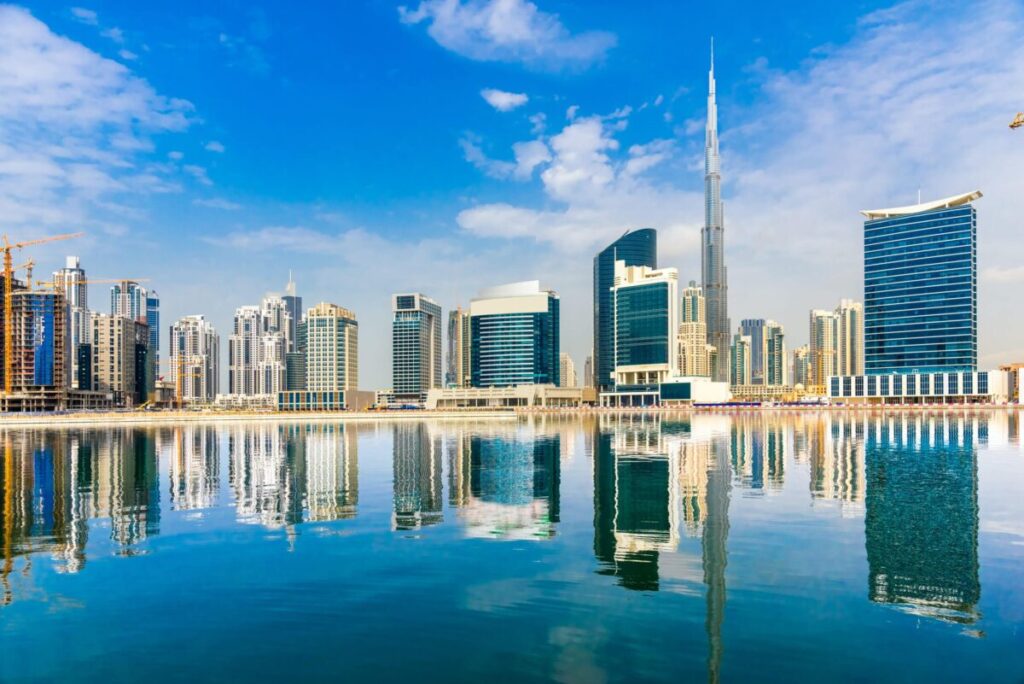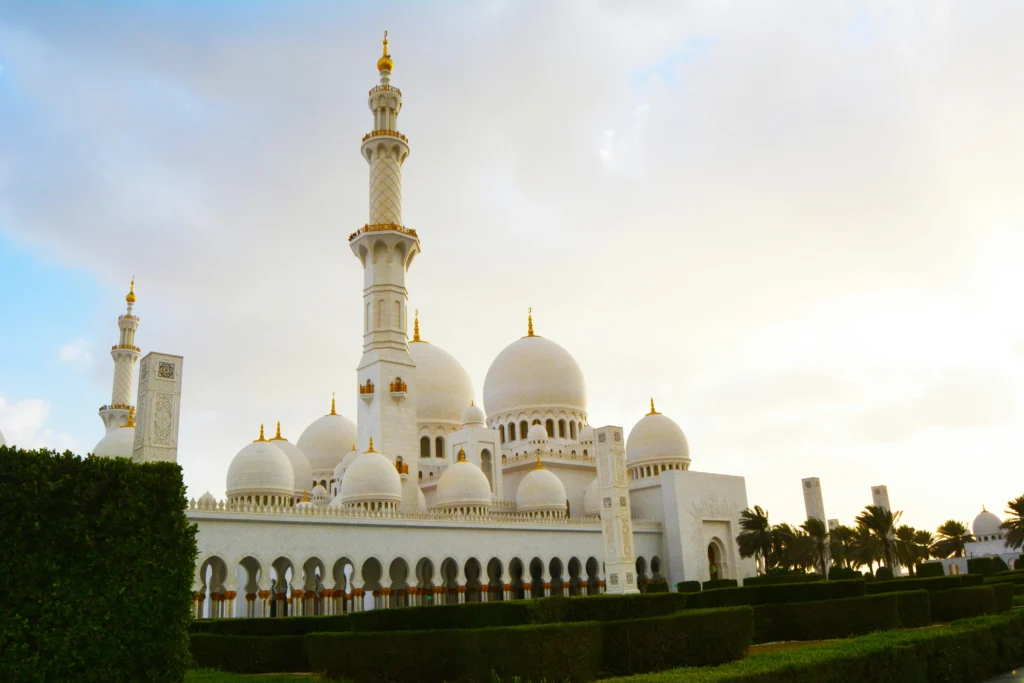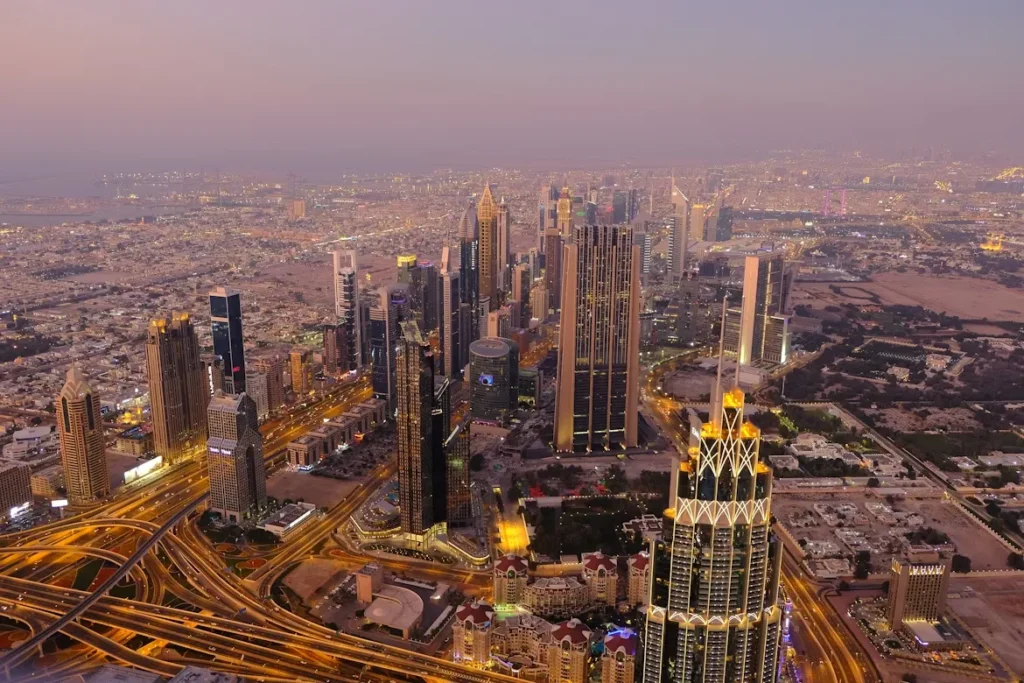One of the most popular options for buying a property in Dubai for expats is through a mortgage. Banks are the main financial institutions that offer property loans to people who want to buy a home through loans. Based on the type of mortgage, the total Dubai home loan amount is calculated. However, it is important to know about the process and the requirements properly. Thus, here is a complete Dubai home loan guide for expats.
Table of Contents
ToggleThings to Consider While Taking a Home Loan as an Expat
Below are some of the conditions that you must take care of while applying for the Dubai home loan for non residents:
- Loan Amount: You can only borrow a maximum of AED 25 million. The amount is based on the monthly earnings and the bank you have applied to.
- Interest Rates: The interest rates are set according to the current EIBOR rates. EIBOR stands for Emirates Interbank Offered Rate. It is the benchmark interest rate that decides what rates banks should offer within the United Arab Emirates market. These rates can be fixed, variable, or may be totally different in nature.
- Down Payment: You usually have to pay 20% to 30% as a down payment. It will depend upon the type and value of the property. If the total value of the property is above AED 5 million, you will need to pay the down payment of 30%. Below AED 5 Million, it is 20%.
- LTV Ratio: LTV ratio stands for Loan-to-Value ratio. It is the ratio that shows how much you can borrow depending on the value of the property. You can take a maximum of 80% of it. Please note that, if you are buying off-plan properties, the ratio is set to be at 50%.
Dubai Home Loan Eligibility Criteria for Expats

As an expat, here are some of the conditions that make you eligible for taking a Dubai home loan for non residents:
- If you are a salaried employee, you must be employed in your current company for at least 6 months.
- If you are a self-employed individual, such as a business owner, make sure to have a clean credit history.
- The age should be between 21 and 65.
- A minimum monthly income of AED 10,000 – AED 15,000 per month is required.
Documents Needed to Get a Mortgage for Expats
Here is the list of must-have documents to apply for a home loan in the UAE:
As an expat, you must get the following documents to get the mortgage:
- Emirates ID
- Copy of a valid passport
However, if you are a salaried individual, you must get the following things as proof of your salary:
- Salary certificate
- Last six months’ bank statement
- Pay slips of the last six months
On the other hand, if you are a business owner or self-employed, get the following things ready with you:
- Trade licence copy
- Last six months’ bank statement
- Memorandum of Association (MOA) with all amendments
- Audited the company’s financial reports for the last two years
If you also have a co-borrower, you will need to submit the following documents:
- Co-borrowers passport and Emirates ID
- Income documents
- Pay slips for the last 6 months, if pay varies more than 10%
- Bank statement for the last 6 months
- If the co-borrower is a company owner, don’t forget to submit the MOA and Trade License
How to Apply for a Home Loan in Dubai
Once you are aware of the mortgage rates and decide whether you are taking off-plan or ready to move in property, here are the simple steps that you need to follow:
- Start comparing the different mortgage options you have.
- When decided which mortgage best suits your needs, apply for the one.
- Submit the required documents.
- When everything is done and your documents are evaluated, you will be issued the loan acceptance offer. It will cover the loan period and interest rate.
- Just read the agreement thoroughly, and then sign the loan agreement.
- The next step is to sign the sales and purchase agreement. Now pay the down payment and start with monthly instalments.
Types of Mortgages You Can Take

As mentioned above, there are different types of mortgage rates that you can choose while buying a home in Dubai. Below, we have discussed all of them to ease your choices:
1. Fixed Rate
From the name itself, we can identify what type of mortgage it will be. In this type of agreement, the interest rate is decided for a specific number of years, and it remains the same for all years. It is considered ideal for those who are looking for long-term investments. It is because the interest rates are based on inflation rates. Suppose you have applied for a loan that is set at a fixed rate of 3% for 10 years, you will be paying only 3% even if the interest rates go higher.
2. Variable Rate
As the name suggests, it is the opposite of fixed rates that are associated with the mortgage value it offers. This option offers variable interest rates. Again, these rates depend upon inflation and EIBOR. If you can handle fluctuations in the market, then go for this one.
3. Other Types
There are two other types of mortgages offered by banks: remortgages and offset mortgages. Both of them work differently. Offset mortgages are linked to variable rates. It includes the funds in the savings account and reduces the loan balance gradually. This helps to lower the interest rates as well.
Whereas, remortgaging is the process of shifting your mortgage either with the same financial body or with another institution. Remember, in such a type of financing option, you will need to pay a substantial fee of either 1% of the current account or AED10,000, whichever is lower.
Conclusion
Buying a home in Dubai as an expat can be your next big goal. However, with the high cost of the houses, a lot of financial institution provides a wide range of mortgage options available. If you want to take a home loan as an Expat in Dubai, you must start by understanding the eligibility criteria and gathering all the documents. Don’t forget to compare mortgage types and rates that will make your decision easier. Once your documents are evaluated by the banks, you can get up to an 80% LTV Ratio.





